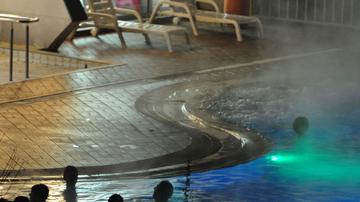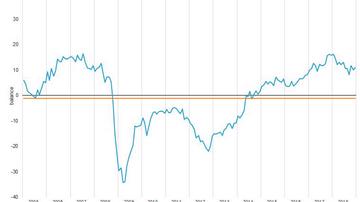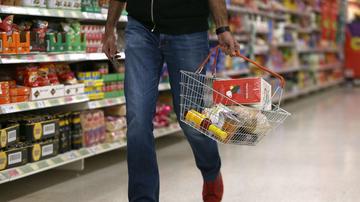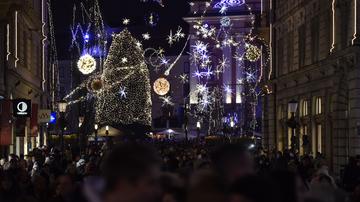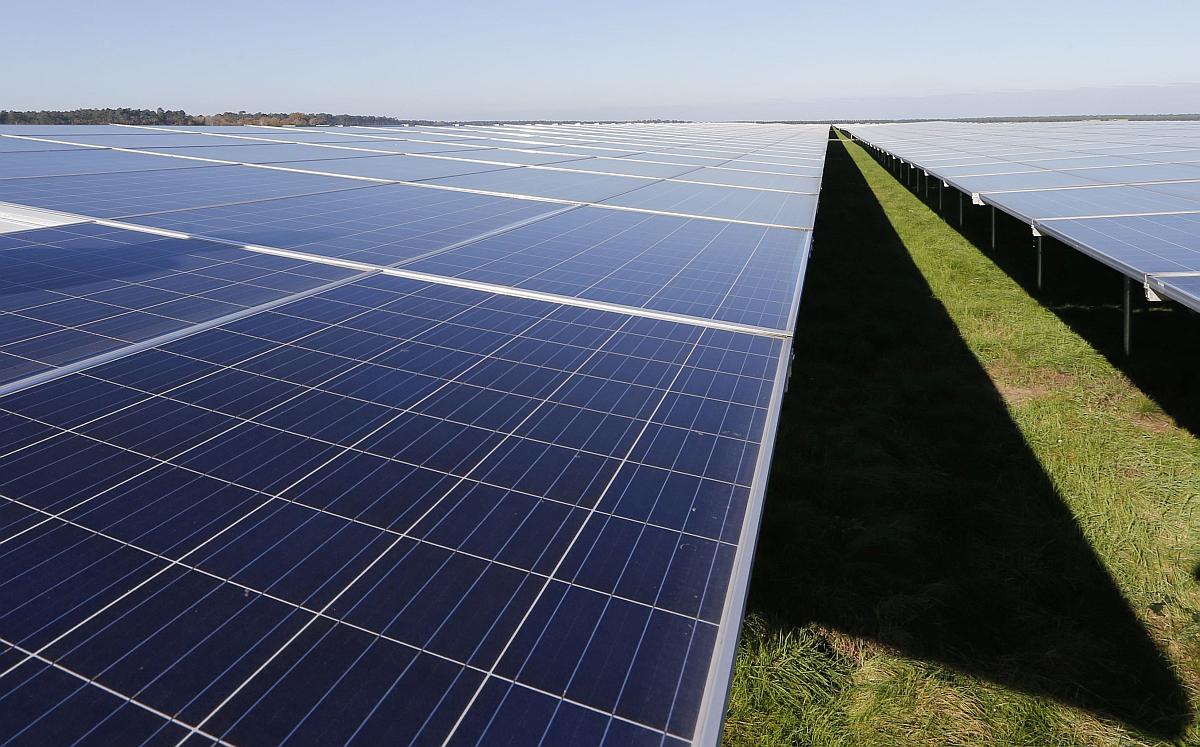
The European Sustainable Energy Week: the EU is making progress towards its 2020 climate and energy targets. Final energy consumption and greenhouse gas emissions have already achieved their 2020 reduction targets; primary energy consumption and use of renewable energy sources are approaching them.
The European Sustainable Energy Week consists of a series of activities to build a secure energy future for Europe. These activities bring together public authorities, private companies, non-governmental organizations and consumers to promote initiatives to save energy and move towards renewable energy sources. This year’s European Sustainable Energy Week, which will take place from 19 to 25 June, will be held under the slogan “Clean Energy for All Europeans”. The European Union (EU) is on track to achieve its 2020 targets in the field of greenhouse gas emissions, energy efficiency and use of renewable energy sources. Greenhouse gas emissions and final energy consumption have already achieved their 2020 reduction targets; primary energy consumption and use of renewable energy sources are approaching them.
Recent Commission initiatives such as “Clean Energy for All Europeans” package support the trend to greater energy efficiency and lower greenhouse gas emissions. Three main goals are: putting energy efficiency first, achieving global leadership in renewable energies and providing a fair deal for consumers.
The EU set a target to improve energy efficiency by 2020, so that primary energy consumption in 2020 will not exceed 1,483 Mtoe (million tonnes of oil equivalent) and final energy consumption 1,086 Mtoe. Slovenia set the target at 7.125 Mtoe (primary energy) and 5.188 Mtoe (final energy).
According to Eurostat data, in 2015 primary energy consumption in the EU-28 was 1,530 Mtoe, which is by almost 11% less than in 2005. Consumption will have to be further reduced by around 3% to achieve the target. Between 2005 and 2015, primary energy consumption decreased in 26 EU Member States; it increased only in Estonia and Poland. Since 2005, Slovenia decreased its primary energy consumption by almost 10% to 6.516 Mtoe in 2015.
In 2015, final energy consumption in the EU-28 was 1,082 Mtoe, which is by around 9% less than in 2005 and already below the target for 2020. Between 2005 and 2015, final energy consumption decreased in 25 EU Member States; it increased only in Lithuania, Malta and Poland. Since 2005, Slovenia decreased its final energy consumption by almost 7% to 4.752 Mtoe in 2015.
Use of renewable energy sources in the European Union is increasing
The target to be reached by 2020 is a 20% share of renewable energy sources in gross final energy consumption of the EU-28; the Slovenian national target is set at 25%.
In 2015, the share of renewable energy sources in gross final energy consumption in the EU-28 was 16.7%, 8.2 percentage points higher than in 2004, which is the first year for which the data are available. Eleven Member States have already reached or exceeded their targets, namely Bulgaria, Croatia, the Czech Republic, Denmark, Estonia, Finland, Hungary, Italy, Lithuania, Romania and Sweden. In 2014, Sweden had the highest share (53.9%), followed by Finland (39.3%) and Latvia (37.6%); Slovenia had a 22% share. The lowest shares were recorded in Luxembourg and Malta (each 5%). The furthest away from their targets were the Netherlands (8.2 percentage points) and France (7.8 percentage points).
Teja Rutar, Statistical Office of the Republic of Slovenia





















































